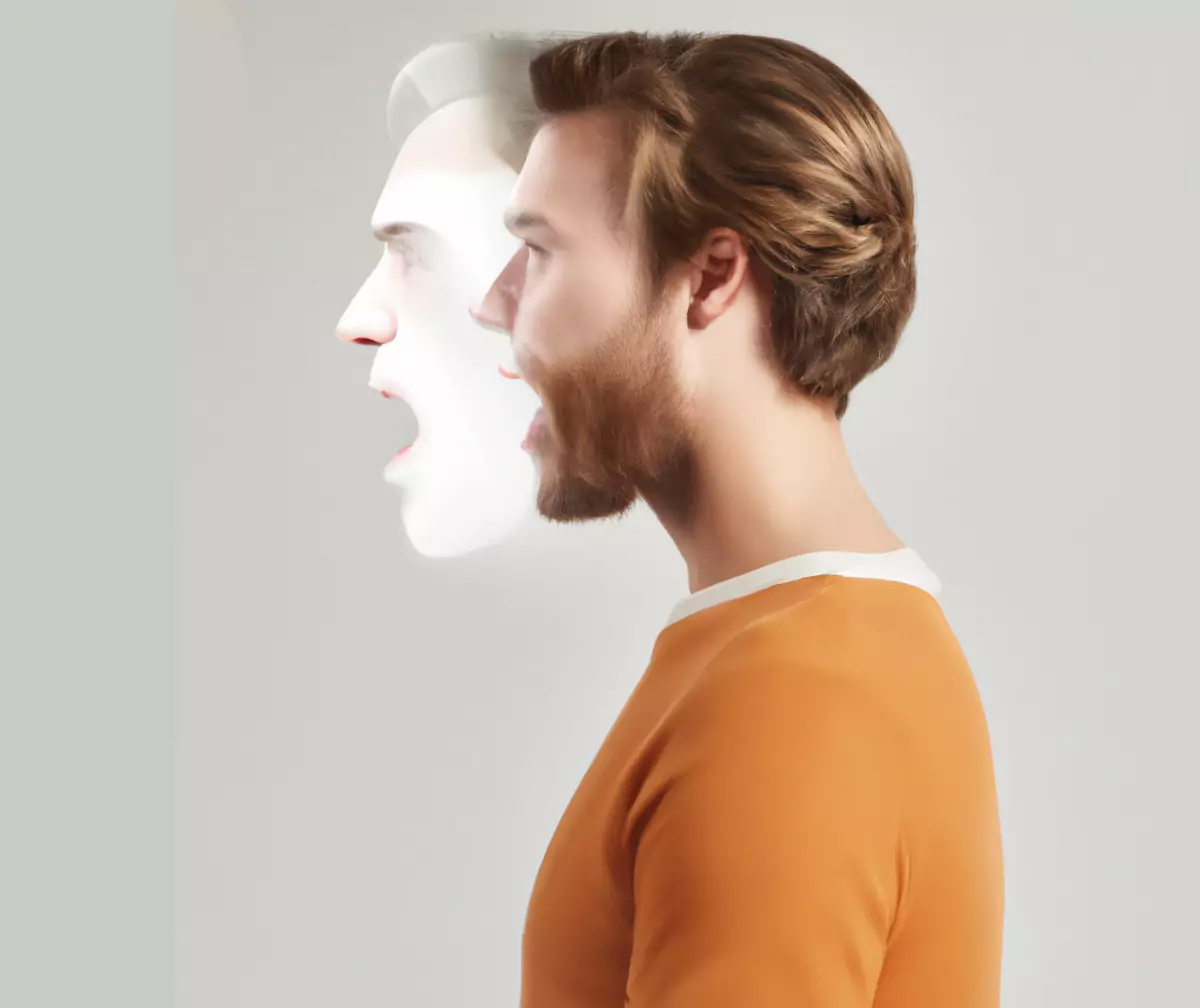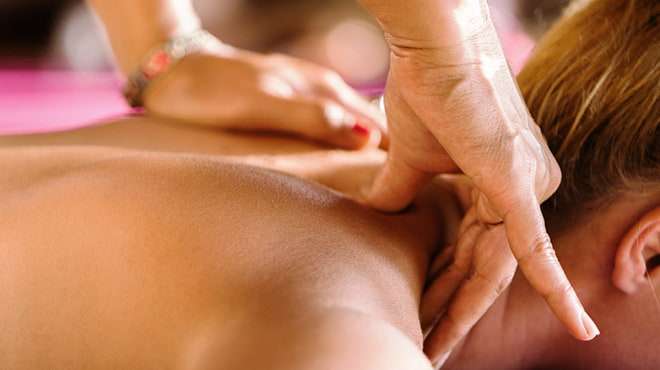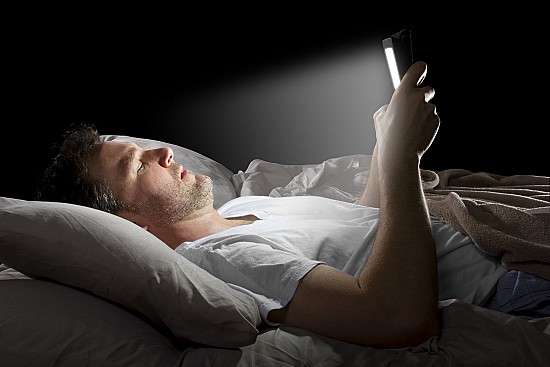Introduction
If you’ve been diagnosed with bipolar 1 disorder, you may be feeling a range of emotions. You may be relieved to finally have a name for what you’ve been experiencing, or you may feel overwhelmed by the diagnosis. You may be wondering what the next steps are, and how this will affect your life.
Bipolar 1 disorder is a mental illness that is characterized by extreme mood swings. These swings can range from highs, or mania, to lows, or depression. Bipolar 1 disorder can be a very difficult disorder to live with, but there are treatments available that can help.
If you have bipolar 1 disorder, it’s important to seek out professional help. This disorder can be very disabling, and it’s important to get the treatment you need. With proper treatment, you can live a full and productive life.
What Is Bipolar 1 Disorder?
Bipolar 1 disorder is a mental illness that is characterized by extreme mood swings. These mood swings can range from periods of extreme happiness, known as mania, to periods of extreme sadness, known as depression.
Bipolar 1 disorder is one of the most severe forms of mental illness and can be very difficult to live with. The mood swings can be so extreme that they can interfere with a person’s ability to function in their everyday life.
Bipolar 1 disorder is thought to be caused by a combination of genetic and environmental factors. It is important to seek professional help if you think you or someone you know may be suffering from bipolar 1 disorder.
Symptoms Of Bipolar 1 Disorder
Bipolar 1 disorder is a mental illness that is characterized by extreme mood swings. These mood swings can be very debilitating and can cause a person to experience a range of emotions, from elation to depression. People with bipolar 1 disorder often have difficulty functioning in day-to-day life and may require hospitalization.
The most common symptom of bipolar 1 disorder is manic episodes. A manic episode is a period of time where a person experiences an abnormally elevated mood. During a manic episode, a person may feel extremely happy, energetic, and irritable. They may also have grandiose ideas and may engage in risky behaviors. Manic episodes can last for a few days to a few weeks and can be very disruptive to a person’s life.
Depressive episodes are another symptom of bipolar 1 disorder. A depressive episode is a period of time where a person experiences an abnormally low mood. During a depressive episode, a person may feel extremely sad, hopeless, and fatigued. They may also have difficulty concentrating and may experience changes in appetite. Depressive episodes can last for a few weeks to a few months and can be just as disruptive to a person’s life as manic episodes.
Bipolar 1 disorder can also cause other symptoms, such as anxiety, insomnia, and delusions. If you think you or someone you know may be suffering from bipolar 1 disorder, it’s important to seek professional help. A mental health professional can make a diagnosis and provide treatment that can improve a person’s quality of life.
Causes Of Bipolar 1 Disorder
Bipolar I disorder is a mental illness that is characterized by extreme mood swings. The individual may swing from feeling very happy and energized to feeling very down and depressed. These mood swings can last for days, weeks, or even months. There are several different causes of bipolar I disorder, and it is important to understand them in order to better understand the illness.
One of the most common causes of bipolar I disorder is a family history of the illness. If you have a parent or grandparent who suffers from bipolar I disorder, you are more likely to develop the illness yourself. This is because bipolar I disorder is thought to be largely genetic. Other risk factors for developing bipolar I disorder include being exposed to trauma or stress, having another mental illness, or abusing drugs or alcohol.
If you think you may be suffering from bipolar I disorder, it is important to seek professional help. This is a serious mental illness that can be very difficult to manage on your own. With proper treatment, however, you can live a full and healthy life.
Treatment Of Bipolar 1 Disorder
Bipolar 1 disorder is a mental illness that is characterized by extreme mood swings. The individual may experience periods of extreme elation or mania followed by periods of deep depression. Bipolar 1 disorder can be a very debilitating condition and can interfere with an individual’s ability to function in day-to-day life. There are a variety of treatment options available for bipolar 1 disorder and it is important to work with a mental health professional to develop a treatment plan that is right for you.
The most common treatment for bipolar 1 disorder is medication. There are a number of different types of medication that can be used to treat the condition. Medication can be used to stabilize mood swings and help to prevent future episodes of mania or depression. It is important to work with a psychiatrist to find the right medication or combination of medications for you.
In addition to medication, psychotherapy can be an effective treatment for bipolar 1 disorder. Psychotherapy can help you to understand and cope with your condition. It can also help you to develop healthy coping mechanisms and problem-solving skills.
Electroconvulsive therapy (ECT) is another treatment option that can be effective for bipolar 1 disorder. ECT is a medical procedure in which electrical pulses are used to stimulate the brain. ECT can be an effective treatment for severe cases of bipolar 1 disorder.
Hospitalization may be necessary in some cases of bipolar 1 disorder. This is usually only necessary if the individual is experiencing a severe episode of mania or depression and is a danger to themselves or others.
If you or someone you know is struggling with bipolar 1 disorder, there is help available. There are a number of treatment options that can be effective in managing the condition. It is important to work with a mental health professional to develop a treatment plan that is right for you.
Living With Bipolar 1 Disorder
It’s estimated that about 3% of Americans live with bipolar 1 disorder, a mental illness that’s characterized by extreme mood swings. If you have bipolar 1 disorder, you may experience periods of mania, followed by periods of depression.
Mania is characterized by an elevated mood, increased energy, and decreased need for sleep. During a manic episode, you may feel like you’re on top of the world. You may be more talkative than usual and may have grandiose ideas. You may also take risks that you wouldn’t normally take, like spending sprees, impulsive sex, or reckless driving.
Depression, on the other hand, is characterized by a low mood, decreased energy, and increased need for sleep. During a depressive episode, you may feel hopeless and helpless. You may have trouble concentrate or taking interest in things you once enjoyed. You may also experience changes in your appetite and weight.
Bipolar 1 disorder can be a challenge to live with, but there are treatments that can help. If you have bipolar 1 disorder, it’s important to see a mental health professional regularly. You may also need medication to help stabilize your mood.
If you’re struggling to manage your bipolar 1 disorder, don’t hesitate to reach out for help. There are many resources available to you, including support groups and hotlines.




